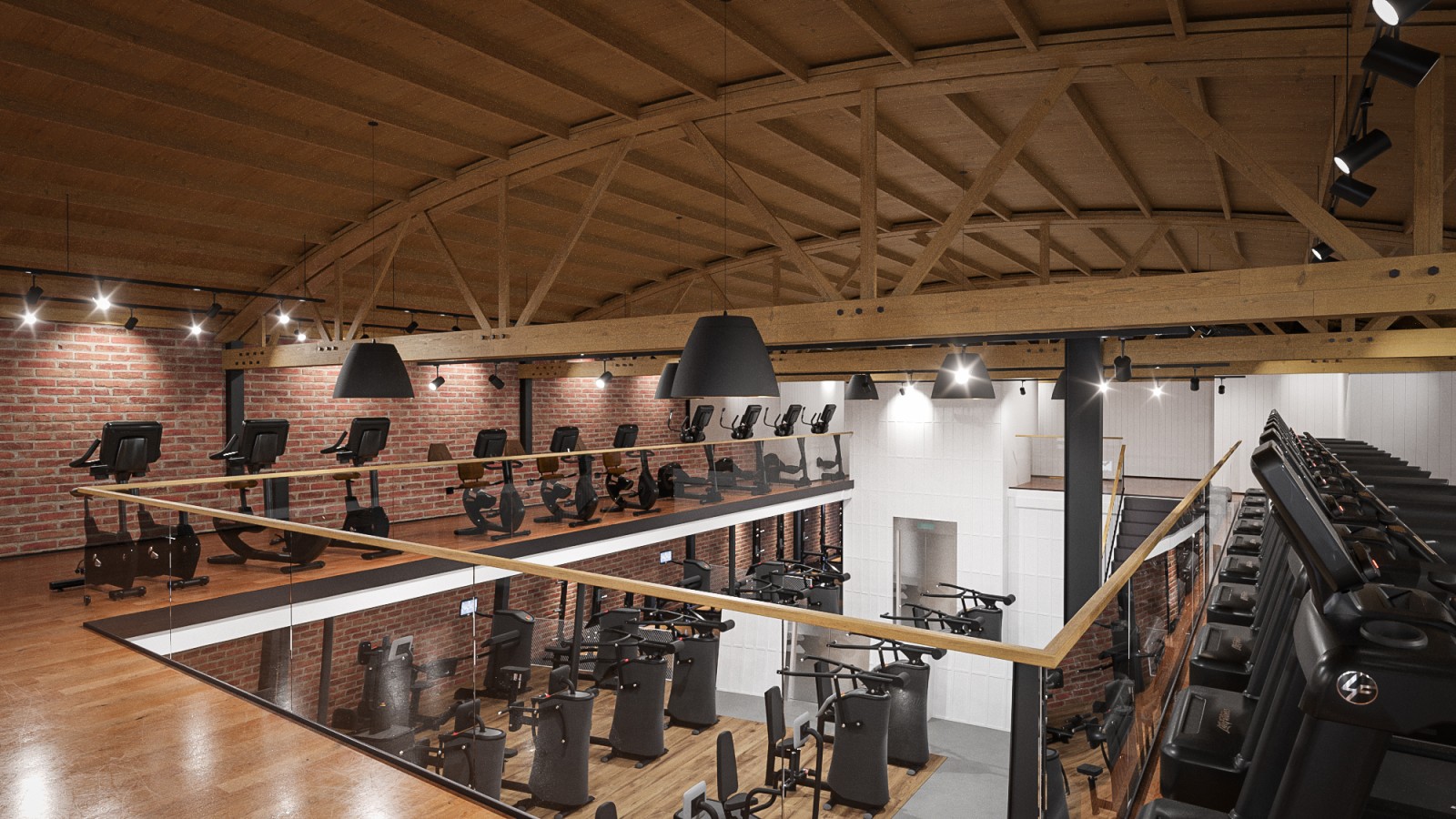World
Why University Is An Engine Of Social Mobility For The World

Giorgio Armani, whose net worth Forbes estimates at around $12.4B, began his career as a buyer and … [+]
The legend of Italian fashion, Giorgio Armani was photographed earlier this year fixing a window display in his flagship store in Milan. Some things never change.
The 89-year-old, whose net worth Forbes estimates at around $12.4B, began his career as a buyer and window dresser for Milan department store La Rinascente. Describing the city where he built his fashion empire he says, ‘Milan is a true metropolis: strong and fearless but welcoming too. Little by little, I came to realise that I could become someone here.’
People go to a city to make something of themselves. To hustle, to study, to build, to succeed. For many, education is the first step in that journey.
In the case of Milan, a city of nearly three and a half million people, it’s a hotspot for culture, a centre of industry, a hub for trade, a fashion powerhouse, and very much a university city. In the early 20th century Milan had only two universities; today it boasts more than a dozen.
‘Milan is at the heart of Europe, and offers a high quality of life,’ says Professor Francesco Billari, Rector of Bocconi University, accounting for the popularity of the centres of study within what he describes as ‘a truly global city’.
Among those institutions is the top ranked Italian academy of fine arts, the Nuova Accademia delle Belle Arti (NABA), which teaches everything from painting to creative writing, as well as the Milan-based Istituto Marangoni, one of the most prestigious fashion schools in the world, founded back in 1935. And the city’s oldest university, Politecnico di Milano, boats a long list of notable alumni including arhictect, Renzo Piano and Stefano Pessina, former CEO of Walgreens Boots.
Milan has drawn students, poets, movie stars, and dreamers, all seeking a piece of the Bel paese, the fair land, of Italy. Given the high quality of life, it is no wonder so many choose it as their place of study.
A springboard for social mobility
Cities and universities offer people chances to change their circumstances, to rise socially and economically. Billari feels this deeply – the sense that a university education can change a life. He was a first-generation student when he came to Bocconi for his undergraduate degree. Now, back at Bocconi University, he feels proud of working at an institution which helped not only him but continues to help others improve their lives.
“For over 120 years, Bocconi has been a strong social innovator, an engine of social mobility within … [+]
‘For over 120 years, Bocconi has been a strong social innovator, an engine of social mobility within Italy,’ Billari says, and intergenerational social mobility is a strong indicator of a fair society.
‘Bocconi is a nonprofit institution,’ Billari says, ‘so we have to make sure the university is economically sustainable, but we equally have to make sure to generate resources to be able to recruit students from all backgrounds.’ Bocconi puts much of its resources toward scholarships for social mobility. Already, one in three students benefit from partial or total remission of tuition and fees.
‘Now, as an international university, with students from all over the world, we are becoming an engine of social mobility for the whole world,’ Billari continues. Increasingly, Bocconi is offering merit-based scholarships for international students. ‘And on top of these scholarships, there are programs for refugees,’ Billari says. At Bocconi, the UNICORE project creates opportunities for African refugees to continue their higher education in Italy by taking a 2-year MSc program with full support.
Billari is not alone in believing that learning provides opportunities. Nelson Mandela once said that ‘Education in the most powerful weapon which you can use to change the world.’ Today, intergenerational social mobility in Italy is up, and is now higher than in the USA.
‘We aim to tell our students that the sky is the limit in terms of social mobility’, Billari insists, ‘that there is no limit to what they can achieve, and we give them the tools to shape the world in a responsible manner.’
Changing the world through research
A university can change the world through its research, Billari also emphasises. In his convincing definition, ‘A successful academic institution has to have an aspiration to change the world and to make the world a better place.’ Billari thinks deeply about what a meaningful modern university is, and what an academic can do to create meaningful change and work today. ‘Research,’ he emphasises, ‘is a key way in which to change the world.’
An education at Bocconi is frequently tied to data, data collected from the world. In the graduate school, lessons from STEM are incorporated into all courses, and there is a sprinkling of science into every course. ‘Bocconi’s motto is that knowledge that matters, because we are always tied to the real world,’ Billari says.
“Changing lives and changing the world, these are the important things for a good university.” – … [+]
As well as being Rector, Billari is Professor of Demography at Bocconi. His own research into demography affects his thinking, and his leadership of the university. Demography, Billari says, ‘has a natural lens towards the long term, to think about longer term perspectives.’ It also offers ‘a natural approach in which you try to make opportunities out of apparent contrasts. Italy has an ageing population. But if you look at the global perspective, the situation is different, and talent and need are exhibited everywhere. One of the challenges is to reconcile trends,’ Billari adds, ‘And this is something that we can apply to a university, which is rooted in a place but can also be a necessarily global player.’
A Global University
An emphasis on world-changing and connection is shown in Bocconi’s links to other universities, foundations, and companies, which number in the hundreds. This internationalism has been in Bocconi’s DNA for over fifty years, since the first exchange agreement in 1974. A thriving alumni community is present in most major global hubs, with 75 chapters around the world. Bocconi’s approach to the circulation of students and talent – in a very modern Milanese style – aims at a peaceful, cooperative, and prosperous world.
Billari finds this multicultural creativity enlivening, and interesting. The international presence makes him feel that there are moments every day when he senses that something special is occurring on campus. The great number of student groups and associations is a special point of pride. When he attends events with these associations and experiences the kind of inclusive debate that is fostered in such spaces, he leaves ‘glowing and refreshed.’
‘You know, it makes me feel alive,’ he says.
‘I want Bocconi to change lives like it changed my life,’ Billari continues. ‘I want the place to be an agent of social mobility. Changing lives and changing the world, these are the important things for a good university. I hope to shape this institution toward those aims for the period of in history in which I am Rector and linking that to other action that makes Bocconi even more future proofed. That is something I would love to leave as a legacy. It would be a great privilege.’
Giorgio Armani will turn 90 in July and continues to build his own legacy through dedication and attention to detail. “I don’t think I will ever stop working because dressing people is my life’s great passion.”
An inspiration for the generation of students who come to Milan to pursue their own dreams.









